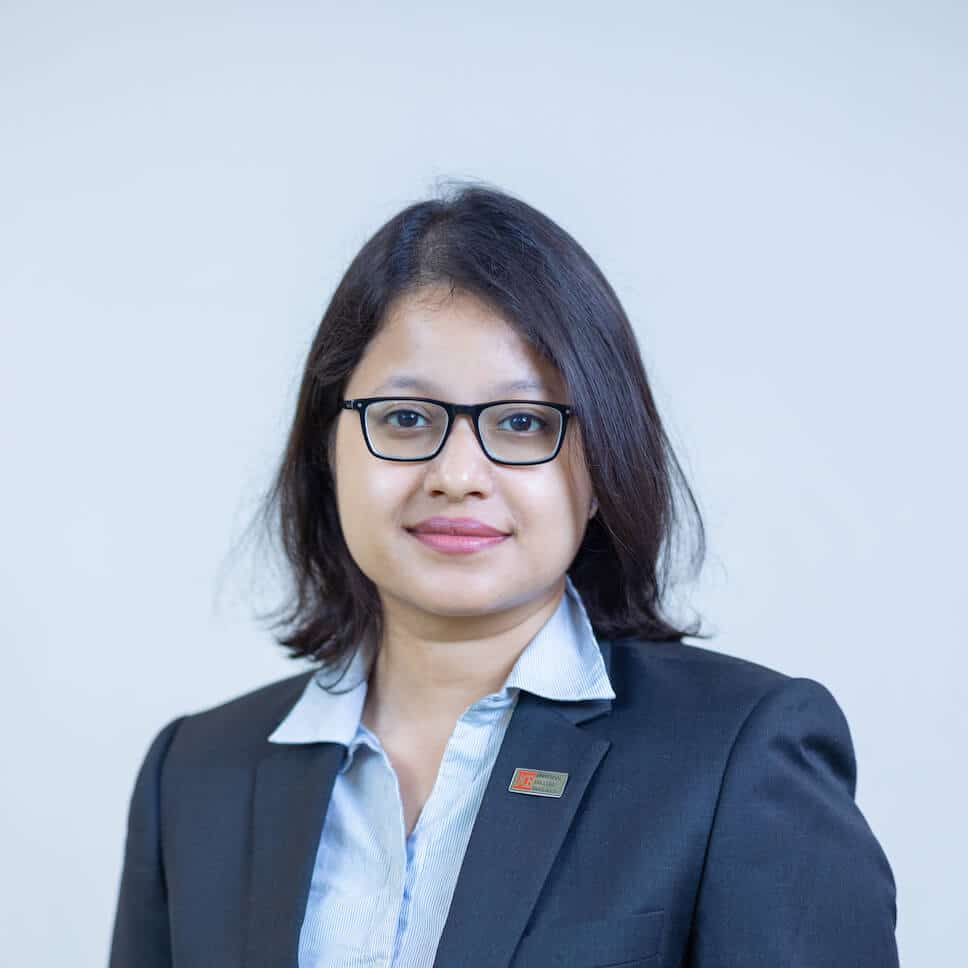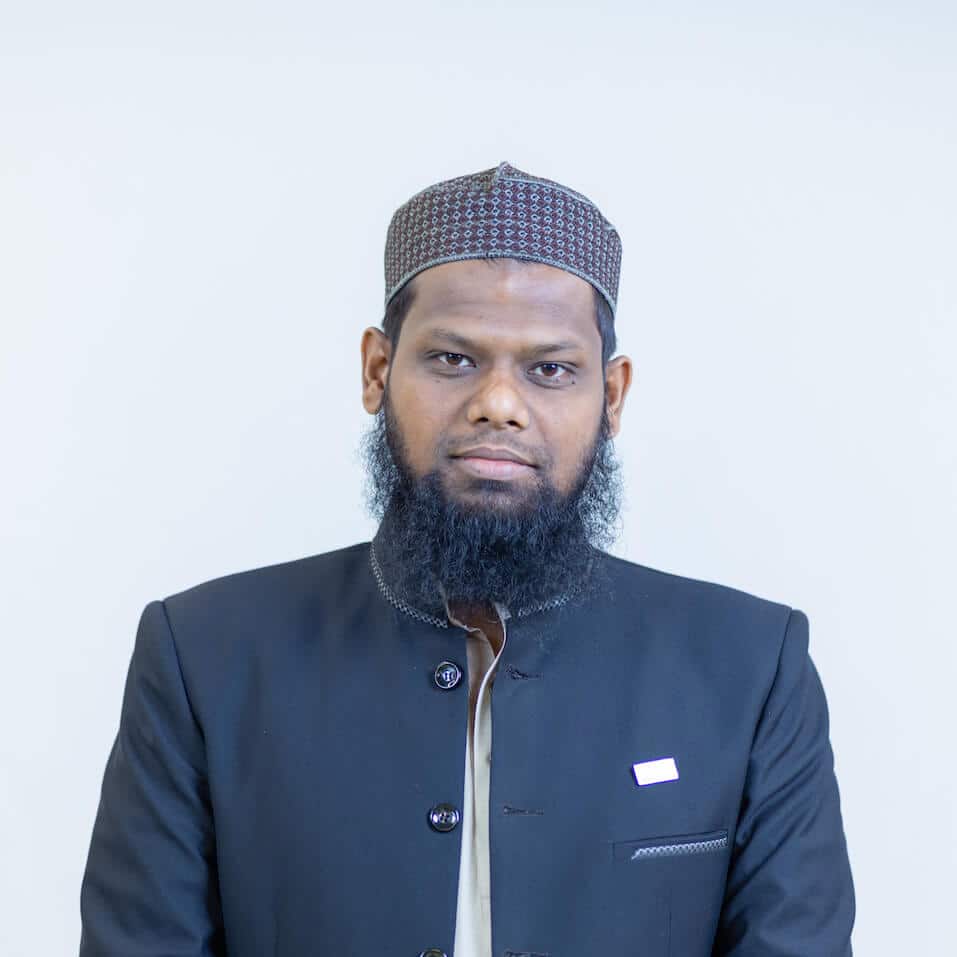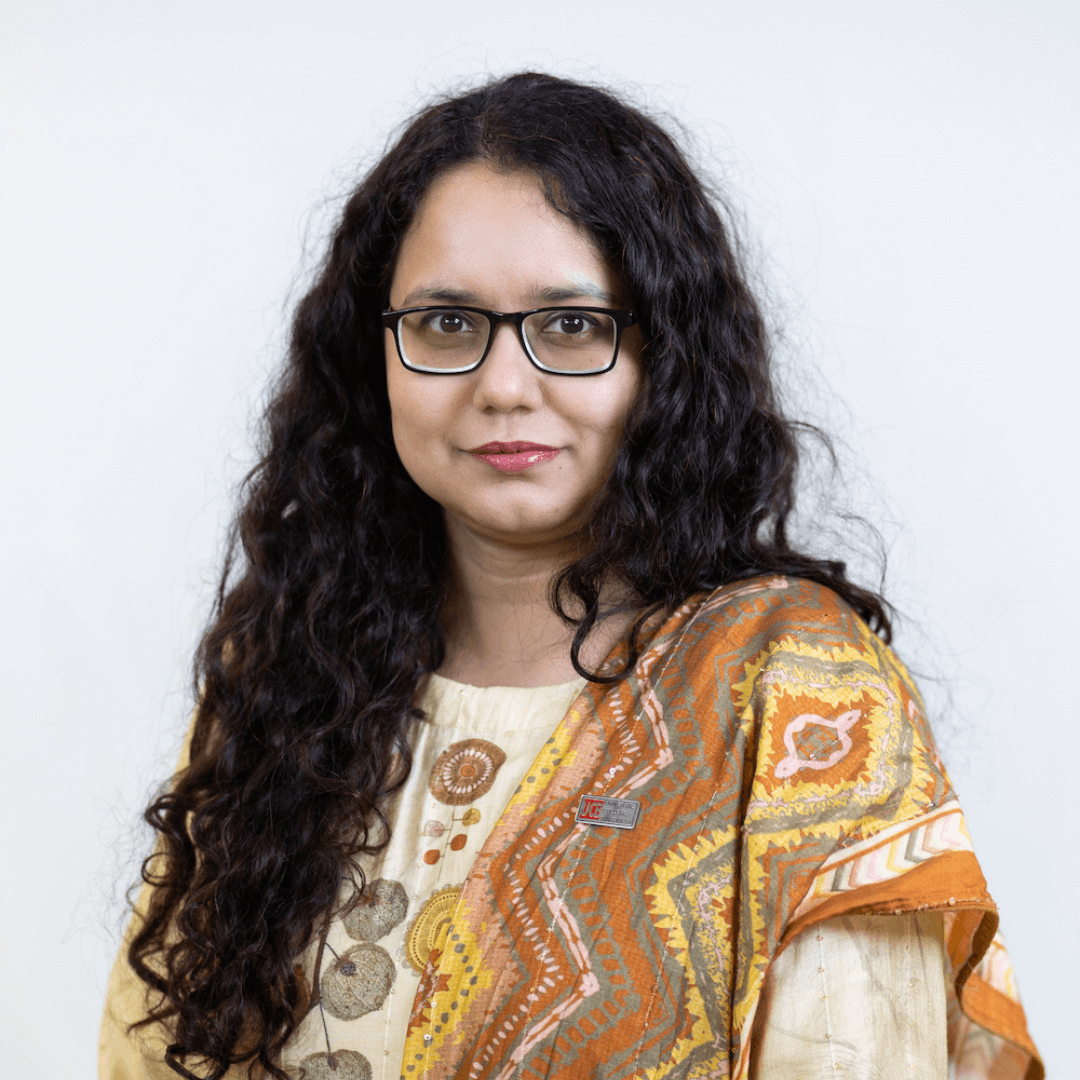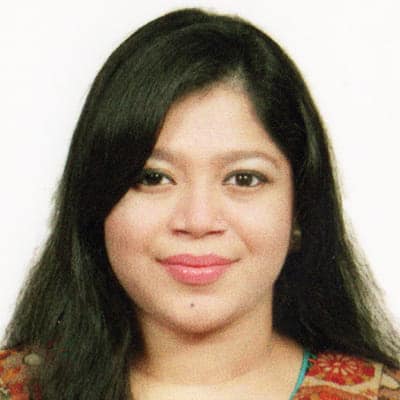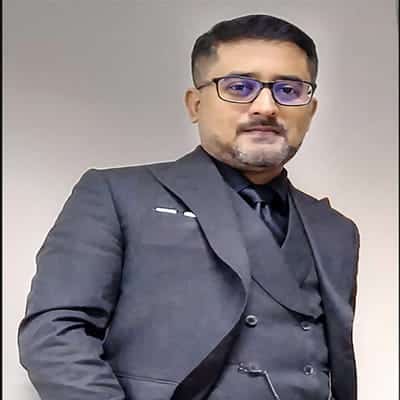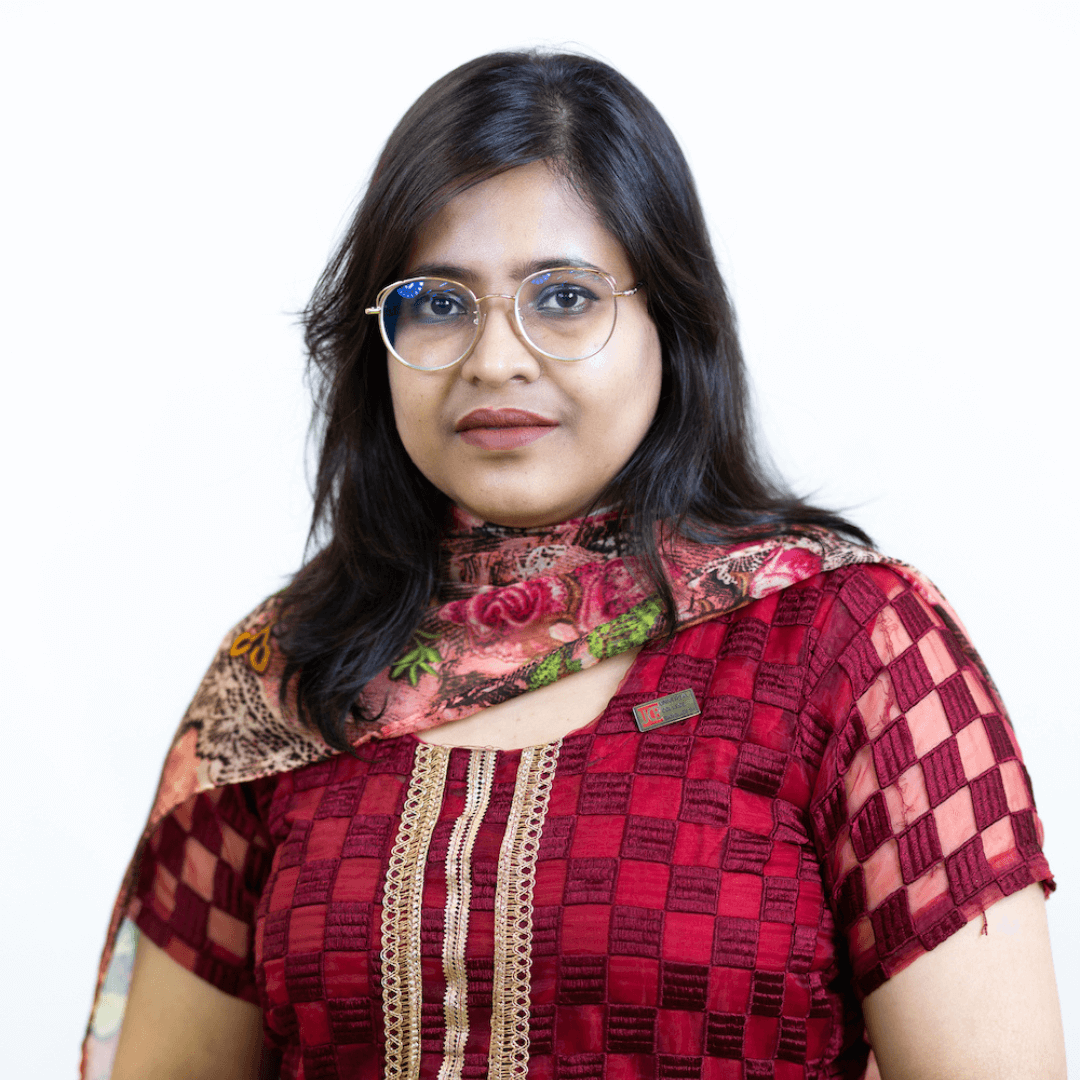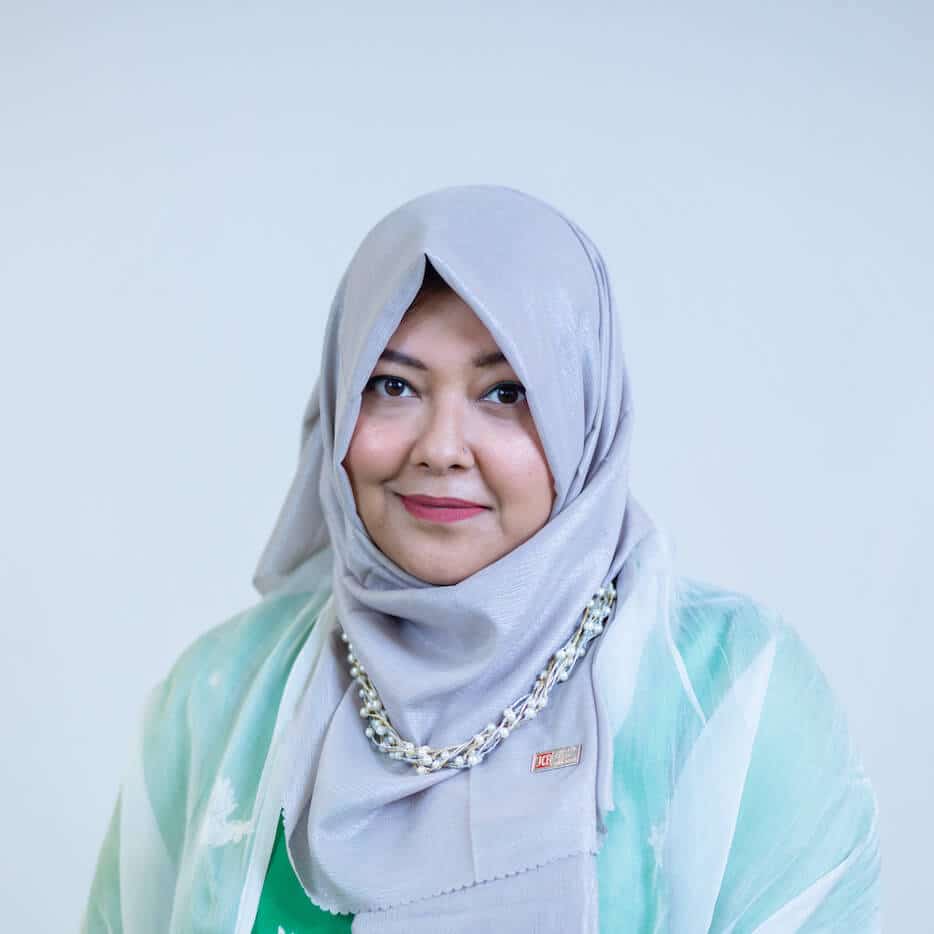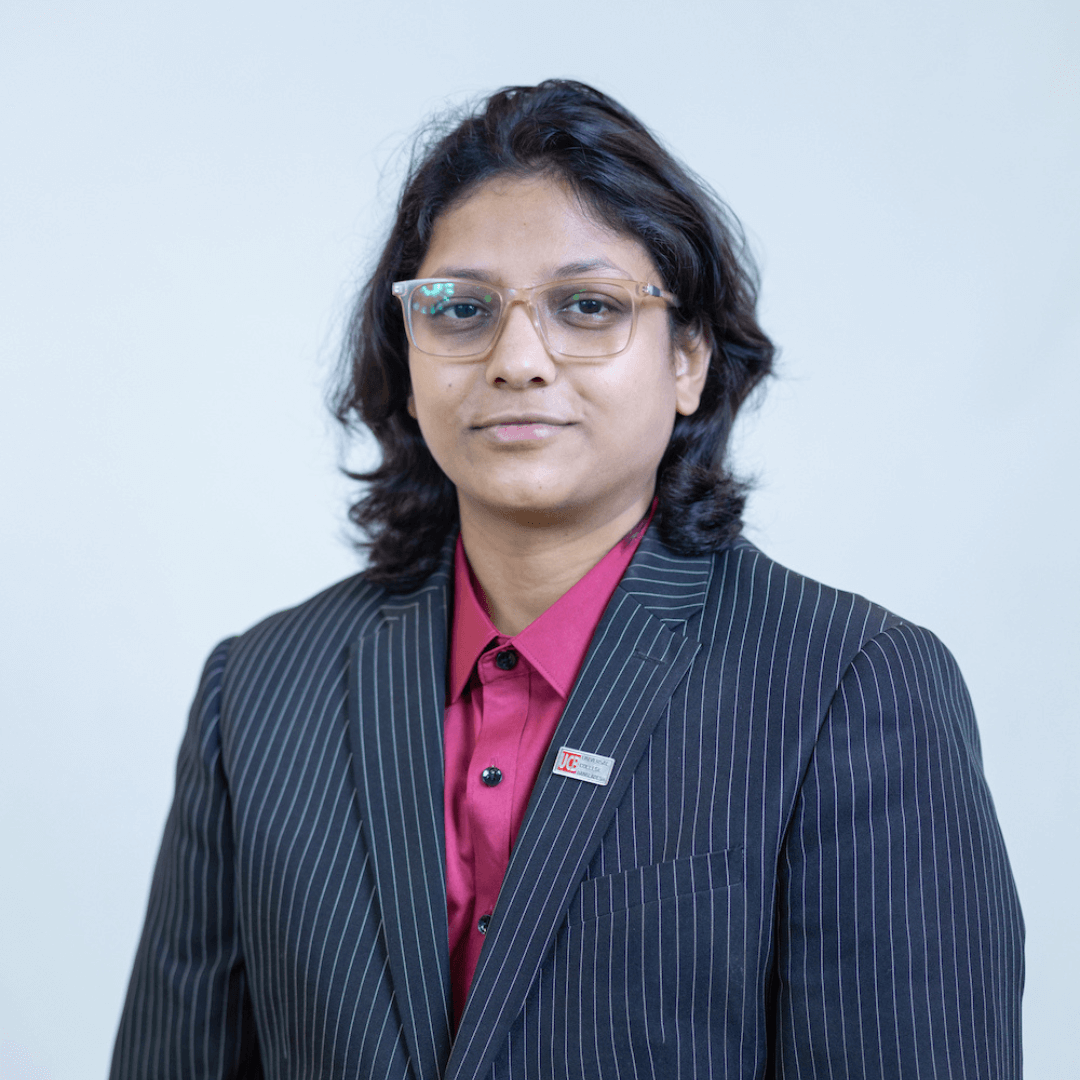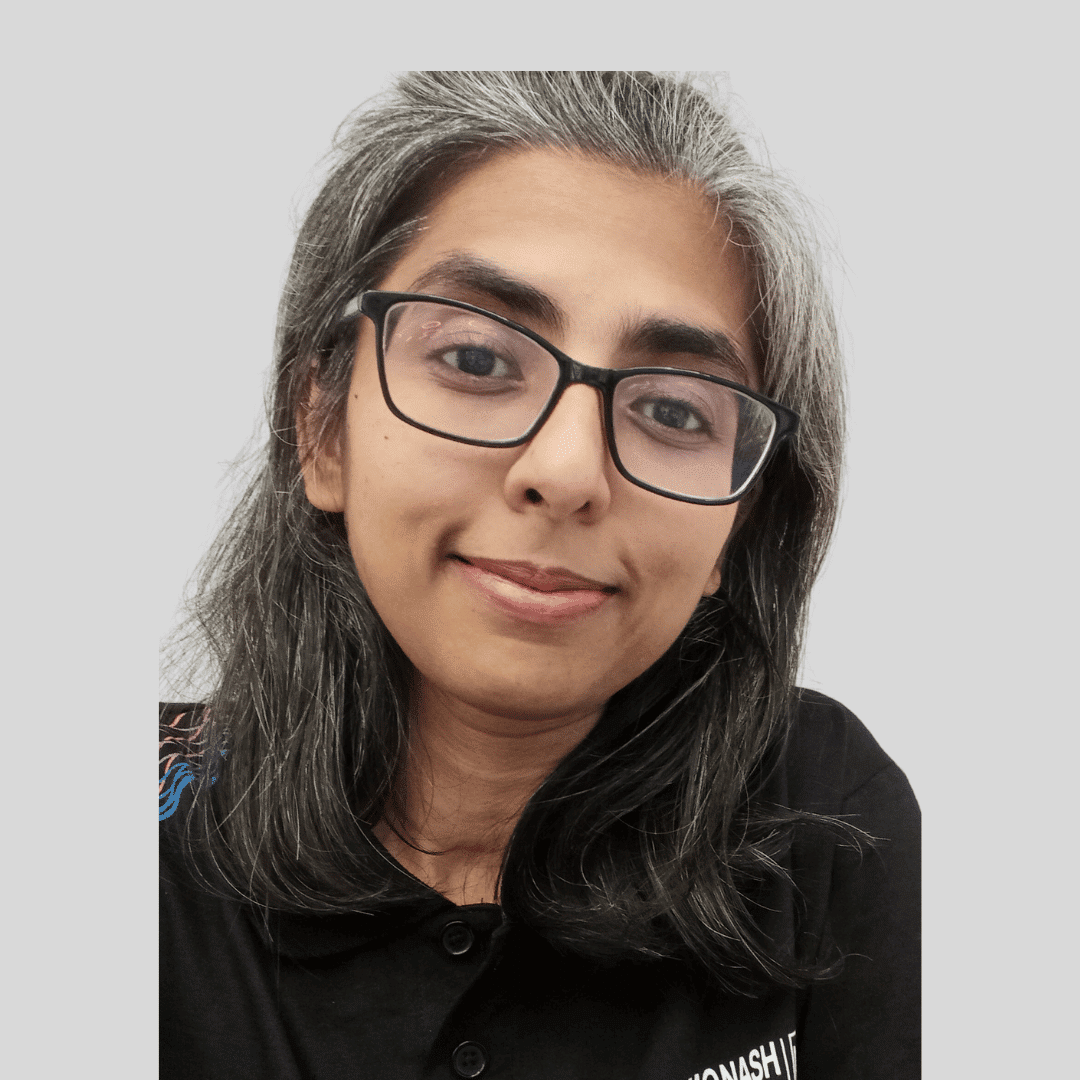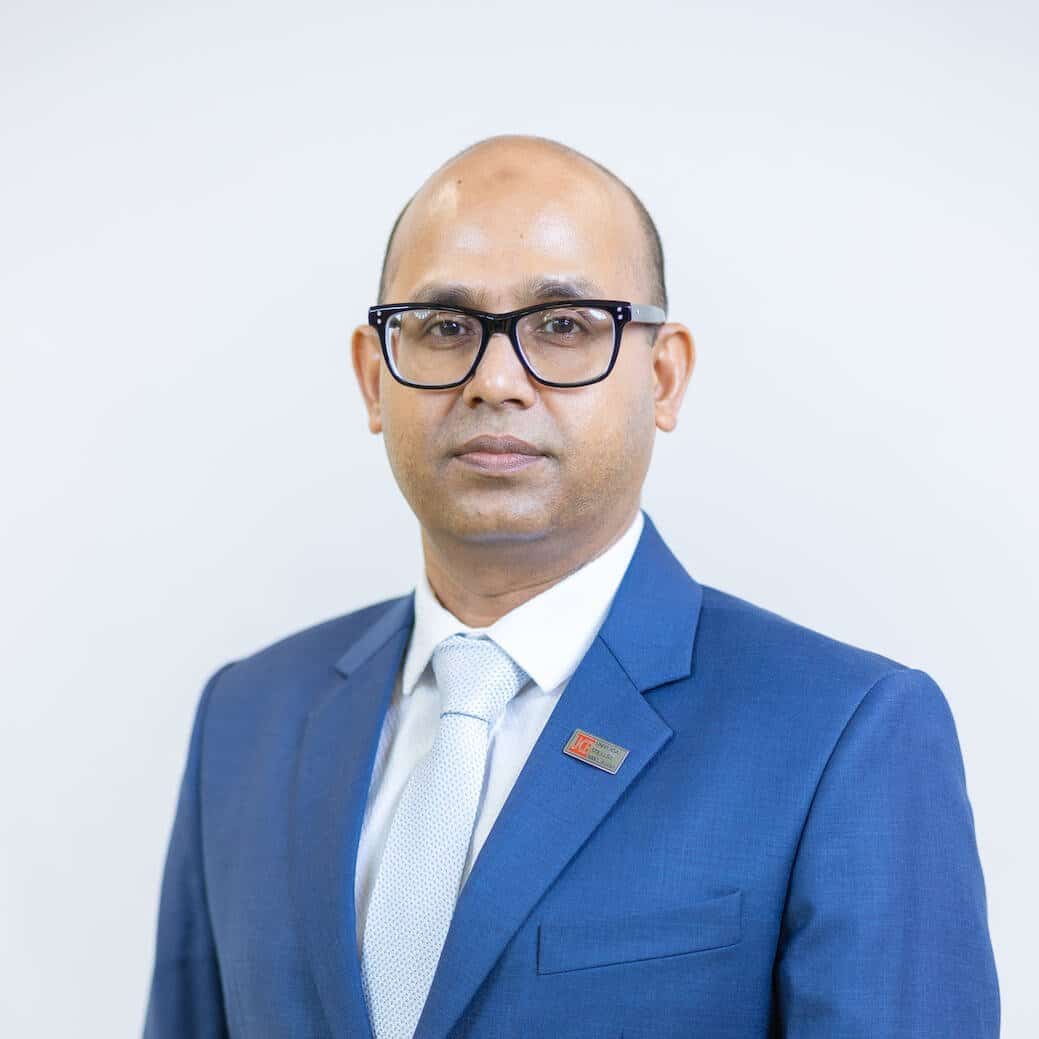UCBD Summer School UOL LSE Program
WHY GET A UOL DEGREE AT UCBD? Download Brochure Download EMFSS Brochure Why study UoL – LSE Programme at UCBD? Get a University of London degree & study an LSE curriculum. Attend the convocation ceremony in London. Easy gateway to Masters at LSE & other top tier Universities. Top students get the chance to transfer to LSE in 2nd year. Study at LSE Summer School for 3 Weeks. Internship opportunities to gain industry exposure in top corporates. Career placement opportunities in top companies of Bangladesh/MNCs. LSE Summer School LSE Summer School attracts participants from across the world and is a highly popular option with students on the University of London programmes with academic direction from LSE. In 2023, more than 100 EMFSS students attended, representing 25 UoL Teaching Centres and a wide range of nationalities. Why attend LSE Summer School as an EMFSS student? Earn credit towards your EMFSS degree Benefit from a 15% tuition fee discount Learn from leading LSE faculty Explore London with new friends from across the world Enhance your career prospects through Summer School’s Spark events Experience a summer in London! Placement Partners
CHESS (CertHE)
Request for Consultation The Certificate of Higher Education in Social Sciences (CHESS) is a one year programme for students with Higher School Certificate (HSC), O-Levels and equivalent qualifications to get direct entry into all the University of London degrees offered by Universal College Bangladesh. Students who pass CHESS are guaranteed entry into the second year of the relevant University of London degree programme at Universal College Bangladesh. This means that students who pass CHESS can complete the full University of London degree programme in three years. Students passing the CHESS with very high marks is eligible to apply to enter the second year of the relevant degree programme at the London School of Economics & Political Science* in London. Entry is very competitive and interested CHESS passed out students, will need to apply through UCAS in the UK. Entry Requirements Higher Secondary Certificate (HSC) GPA 4.0; Six IGCSEs (A-C) including IGCSE/O level Maths (grade C) and IGCSE/O level English (grade C). One GCE A Level (grade A-E) plus 4 IGCSE/O Levels (grade A-C) including IGCSE/O level Maths (grade C); You must also meet the English Language requirements. Students with other qualifications can also join CHESS, so please check your qualifications with our UCB Enrolment team now. Understand the logic behind specific finance techniques and decision-making strategies. Critically evaluate key issues in finance, and explore modern financial theory and practice. Apply analytical methods in finance and financial economics to real-world problems. Programme Structure The courses in this programme will help you develop your analytical thinking skills and empower you to draw key insights from financial information. Build a quantitative base. Study mathematics and statistics – applicable to the study of any social science – and gain a firm grasp of economic theory and accounting principles. Explore core analytical methods. Explore the principles of finance, financial systems, econometrics and microeconomics. Gain in-depth knowledge. Take advanced courses in areas like corporate finance, asset pricing, derivatives and risk management, and investments management. Sample Course Sequence The maximum period of registration is six years, but we suggest you aim to complete your programme within three to four years. To complete the programme in three years, students must take four full courses (or equivalent) each year. The table below shows the course sequence for a three-year completion timeline. All full courses are 30 credits and take 20 weeks of learning. Half courses are 15 credits and include 10 weeks of learning. Units & Overviews 100 courses 200 and 300 courses Why Earn a BSc Finance? This programme will prepare you for a variety of careers in the financial services industry and related fields. With strong critical thinking, quantitative and communication skills, you could also apply your knowledge in areas like management and business development. After graduation, you’ll be qualified to apply to a master’s programme or pursue a career in various finance-focused organisations, departments or teams. Common employers include: Brokerages Commercial and retail banks Consultancies Fund management firms Government agencies Insurance companies Professional services firms Risk management firms CHESS will give you the transferable academic skills you need to complete your degree: A sound knowledge of the quantitative techniques to analyse data; The skills to find, extract and analyse information and data from a range of sources; The ability to think logically, critically analyse information, understand complex arguments, and reach balanced decisions; The capacity to evaluate competing perspectives and judge the available evidence; High level communication and writing skills; The capacity to organise and present information in a variety of formats and layouts; Familiarity with information technology apps, packages and resources, including spreadsheets, word-processing and online databases; Study and organisational skills to manage your time effectively, tackle complex tasks and hit challenging deadlines. Contact our UCBD Enrolment team now to answer your questions or to join the next BSc Economics intake. Find out more about the University of London CHESS: https://www.london.ac.uk/courses/social-sciences *Entry to the London School of Economics & Political Science from CHESS is highly competitive and other terms and conditions may apply depending on the program. Apply Now → Intakes : Study model : Intakes : Duration : Study model : Prospectus, Entry Requirements & Fees
BSc Economics
Request for Consultation The BSc Economics programme gives you a thorough understanding of economic theory, reasoning and analysis. In addition to critical thinking and quantitative skills, you will focus on the practical applications of economics to social issues, policy questions and more. Apply key economic principles, theories and quantitative techniques to a variety of real-world issues. Analyse economic dataand learn how social and individual decision-making influence economics. Develop the logical reasoning skills to formulate and articulate effective arguments, and critically evaluate problems. Programme Structure With academic direction from leading faculty at the London School of Economics and Political Science (LSE) – ranked #6 globally in Economics and Econometrics – this programme considers the many ways in which data, behaviour, decision-making and societal issues interact. Build your quantitative base.Your introductory courses will equip you with an essential set of quantitative skills and techniques in subjects like mathematics, statistics, economics and management. Develop an analytical approach.Intermediate courses – like microeconomics, macroeconomics and econometrics – will help you develop a firm grasp of core analytical methods and their applications. Explore specialised topics.Your advanced courses will give you the chance to explore modern issues in economics and related disciplines, from monetary policy to corporate finance. Sample Course Sequence The maximum period of registration is six years, but we suggest you aim to complete your programme within three to four years. To complete the programme in as few as three years, students must take four full courses (or equivalent) each year. The table below shows the suggested course sequence when taking this programme through Standard Entry Route (equivalent of 12 full courses) over three years. All full courses are 30 credits and take 20 weeks of learning. Half courses are 15 credits and include 10 weeks of learning. Units & Overviews 100 courses 200 courses 300 courses Why Earn a BSc Economics? As global economies become more complex, new financial regulations emerge and the business landscape becomes more competitive, professionals with an interdisciplinary understanding of economics are more valuable than ever. You might consider careers in areas like: banking and financial services management and economic consultancies government departments international organisations research institutes and think tanks tech companies non-profit organisations. With high-level mathematical and statistical skills, strong data numeracy abilities and an applied understanding of economic concepts, graduates of this programme will be positioned for further study or to pursue a range of career options, including: ActuaryCreate models and analyses designed to help companies and governments assess financial risks, plan long-term investments and accurately predict costs. Economic AnalystEvaluate current economic issues spanning range of sectors – from energy to health to finance – and develop recommendations for clients or organisations. EconomistCombine research and analysis to support public or private sector organisations in identifying, anticipating and evaluating relevant industry trends. Economic ConsultantUse economic reasoning and analysis techniques to help businesses, regulators and policy makers evaluate and implement strategic decisions. Apply Now → Intakes : January, July and September Duration : 10 – 12 months (depending on intake) Study model : Semester model Class structure : Classes and laboratory practicals for Science subjects Contact hours : 6 hours per unit, per week Prospectus, Entry Requirements & Fees
BSc Finance
Request for Consultation The BSc Finance programme from the University of London equips you with a versatile and practical understanding of financial behaviour, markets and decisions. Designed by academics from the London School of Economics and Political Science (LSE), which is ranked #7 in the world for Accounting and Finance, this degree is heavily informed by current research, policy activity and global financial events. Understand the logic behind specific finance techniques and decision-making strategies. Critically evaluate key issues in finance, and explore modern financial theory and practice. Apply analytical methods in finance and financial economics to real-world problems. Programme Structure The courses in this programme will help you develop your analytical thinking skills and empower you to draw key insights from financial information. Build a quantitative base. Study mathematics and statistics – applicable to the study of any social science – and gain a firm grasp of economic theory and accounting principles. Explore core analytical methods. Explore the principles of finance, financial systems, econometrics and microeconomics. Gain in-depth knowledge. Take advanced courses in areas like corporate finance, asset pricing, derivatives and risk management, and investments management. Sample Course Sequence The maximum period of registration is six years, but we suggest you aim to complete your programme within three to four years. To complete the programme in three years, students must take four full courses (or equivalent) each year. The table below shows the course sequence for a three-year completion timeline. All full courses are 30 credits and take 20 weeks of learning. Half courses are 15 credits and include 10 weeks of learning. Units & Overviews 100 courses 200 and 300 courses Why Earn a BSc Finance? This programme will prepare you for a variety of careers in the financial services industry and related fields. With strong critical thinking, quantitative and communication skills, you could also apply your knowledge in areas like management and business development. After graduation, you’ll be qualified to apply to a master’s programme or pursue a career in various finance-focused organisations, departments or teams. Common employers include: Brokerages Commercial and retail banks Consultancies Fund management firms Government agencies Insurance companies Professional services firms Risk management firms Here are just a few roles BSc Finance graduates might consider: ActuaryCreate models and analyses designed to help companies and governments assess financial risks, plan long-term investments and accurately predict costs. Insurance BrokerLeverage your knowledge of financial markets to help customers research, negotiate and manage the appropriate cover for their circumstances. StockbrokerManage clients’ investment portfolios by trading stocks, shares and other financial products to get the best return – and advise clients on potential risks and opportunities. Insurance UnderwriterOutline the details of insurance policies, analyse insurance proposals and assess risk; determine who should receive coverage; and prepare quotes and negotiate terms. Financial AdviserHelp people or organisations make sound investments by clearly communicating the best financial plans for them, based on thorough product research and reporting. Apply Now → Intakes : January, July and September Duration : 10 – 12 months (depending on intake) Study model : Semester model Class structure : Classes and laboratory practicals for Science subjects Contact hours : 6 hours per unit, per week Prospectus, Entry Requirements & Fees
BSc Accounting & Finance
Request for Consultation The BSc Accounting and Finance programme from the University of London equips you with a practical and highly complementary combination of skills. Designed by the London School of Economics and Political Science – ranked #7 globally for accounting and finance – this programme is ideal for those seeking professional accreditation or applicable knowledge to advance their career. Understand how and why organisations calculate, report and evaluate financial and accounting information. Master a variety of practical accounting and finance techniques, and learn when and how to apply them. Explore the complex ways broader market and economic forces affect modern organisations. Programme Structure The LSE Departments of Accounting and Finance operate at the forefront of research and teaching. The academics within these departments design interdisciplinary programmes that explore the integral roles accounting and finance play in modern society. This programme challenges you to look beyond numbers. It will sharpen your analytical, logical reasoning and quantitative skills, helping you understand the broad implications of the financial decisions made by individuals, organisations and institutions. Build a strong quantitative foundation.In addition to mathematics, statistics and economics, you’ll take courses on the core principles of accounting and finance. Apply theory to real-world issues. Through more advanced accounting and finance courses, you’ll learn how financial data is used to make strategic decisions. Develop specialised competencies. Once you’ve honed your quantitative and strategic skills, you’ll take advanced accounting and finance courses that align with your interests. Sample Course Sequence While many BSc Accounting and Finance graduates apply their skills in traditional finance fields, like investing, accounting and banking, others are drawn to government, nonprofit or nongovernmental organisations. Whatever your aim, this versatile degree prepares you for careers or further study in a wide range of fields, sectors and industries. Common career paths include: Accounting Management consulting Risk management Investment analysis Commercial banking Sales and trading Corporate management Units & Overviews 100 courses 200 and 300 courses Why Earn a BSc Accounting and Finance? While many BSc Accounting and Finance graduates apply their skills in traditional finance fields, like investing, accounting and banking, others are drawn to government, nonprofit or nongovernmental organisations. Whatever your aim, this versatile degree prepares you for careers or further study in a wide range of fields, sectors and industries. Common career paths include: Accounting Management consulting Risk management Investment analysis Commercial banking Sales and trading Corporate management Graduates with a multidimensional understanding of modern financial systems and accounting techniques are extremely valuable – especially at a time when organisations are facing challenges like digital transformation and industry disruption. Apply Now → Intakes : January, July and September Duration : 10 – 12 months (depending on intake) Study model : Semester model Class structure : Classes and laboratory practicals for Science subjects Contact hours : 6 hours per unit, per week Prospectus, Entry Requirements & Fees
BSc Business & Management
Request for Consultation Intakes : January, July and September Duration : 10 – 12 months (depending on intake) Study model : Semester model Class structure : Classes and laboratory practicals for Science subjects Contact hours : 6 hours per unit, per week Apply Now → Prospectus, Entry Requirements & Fees The BSc Business and Management programme prepares you to navigate and analyse issues in international management. Your studies will equip you with an applied understanding of business and management, a strong foundation in the social sciences and an analytical approach to problem solving. Analyse business and management challenges through the lens of related social science disciplines. Apply international management concepts and theories to solve real-world business problems. Understand the processes, procedures and practices needed to manage organisations effectively. Programme Structure With academic direction from leading faculty at the London School of Economics and Political Science (LSE) – ranked #3 globally in Social Sciences and Management– this programme explores three core areas: organisations, the external environment and management. Focus on quantitative skills.Your introductory courses will help you develop essential skills in mathematics, economics, accounting and statistics. They will also address the global context of business and management. Develop an applied understanding.Your choice of intermediate courses will explore a range of more specialised management topics – from operations to finance to information systems – and give you a chance to hone your analytical reasoning abilities. Take a deep dive into key topics.Your advanced courses will give you the chance to hone your strategic thinking and decision-making skills and explore specialised areas of management, like human resources and marketing. Sample Course Sequence The maximum period of registration is six years, but we suggest you aim to complete your programme within three to four years. To complete the programme in as few as three years, students must take four full courses (or equivalent) each year. The table below shows the suggested course sequence when taking this programme through Standard Entry Route (equivalent of 12 full courses) over three years. All full courses are 30 credits and take 20 weeks of learning. Half courses are 15 credits and include 10 weeks of learning. Units & Overviews 100 courses 200 and 300 courses 200 and 300 courses – Course selection Why Earn a BSc Business and Management? Top employers rely on professionals who can adapt in the face of shifting market conditions, rapid technological growth, and innovation and transformation. The Higher Education Careers Services Unit (HECSU) reports that approximately two-thirds (67.2%) of UK business and management programme graduates were working full time in the UK or pursuing further study within six months of graduation.2 By studying business and management, you’ll be able to consider careers or further study in fields like: accounting banking and finance consulting human resources information and digital technology management marketing public relations sales Because a business and management degree gives you a versatile and transferable skill set, you’ll be prepared to work in a wide variety of industries and roles. Here are just a few possibilities: Business AnalystUse information, technology and data to help organisations meet their goals, from specific, short-term projects and holistic, long-term organisational needs. Human Resources OfficerIdentify and anticipate organisations’ staffing needs, create training and development opportunities that optimise performance and productivity. Management ConsultantHelp organisations navigate existing and emerging challenges, improve efficiency, analyse performance, assess risk and identify growth opportunities. Marketing ExecutiveDevelop integrated marketing campaigns on behalf of private- or public-sector organisations, and help brands promote products, services or missions. Apply Now → Intakes : January, July and September Duration : 10 – 12 months (depending on intake) Study model : Semester model Class structure : Classes and laboratory practicals for Science subjects Contact hours : 6 hours per unit, per week Eligibility & Duration Lorem ipsum dolor sit amet, consectetur adipiscing elit. Ut elit tellus, luctus nec ullamcorper mattis, pulvinar dapibus leo. Admission Process Lorem ipsum dolor sit amet, consectetur adipiscing elit. Ut elit tellus, luctus nec ullamcorper mattis, pulvinar dapibus leo. Documents Required Lorem ipsum dolor sit amet, consectetur adipiscing elit. Ut elit tellus, luctus nec ullamcorper mattis, pulvinar dapibus leo. Tuition & Fees Lorem ipsum dolor sit amet, consectetur adipiscing elit. Ut elit tellus, luctus nec ullamcorper mattis, pulvinar dapibus leo. Prospectus Lorem ipsum dolor sit amet, consectetur adipiscing elit. Ut elit tellus, luctus nec ullamcorper mattis, pulvinar dapibus leo. FAQ Lorem ipsum dolor sit amet, consectetur adipiscing elit. Ut elit tellus, luctus nec ullamcorper mattis, pulvinar dapibus leo. Prospectus, Entry Requirements & Fees




